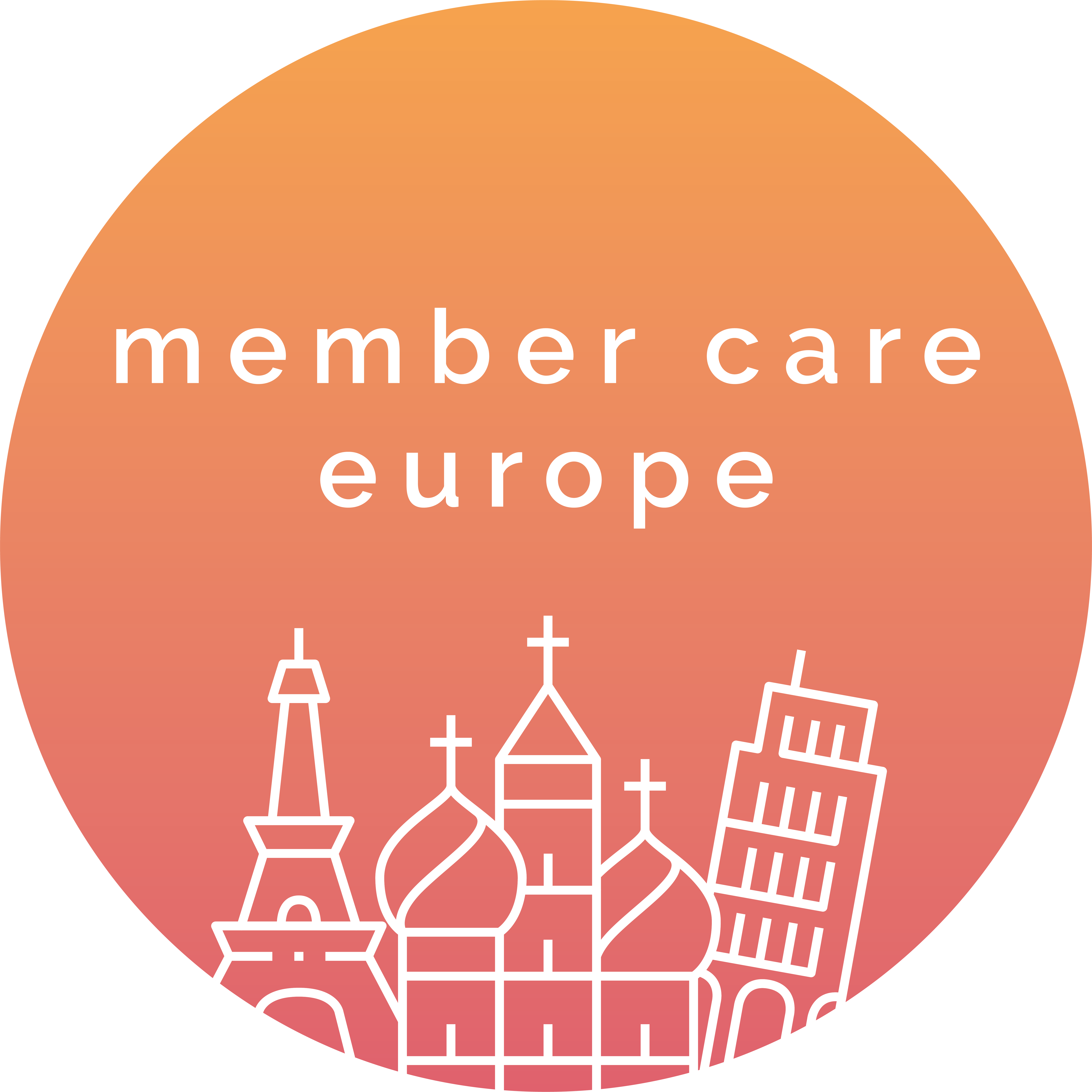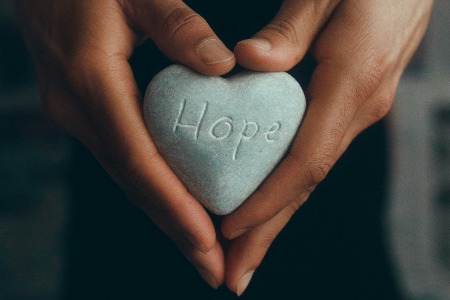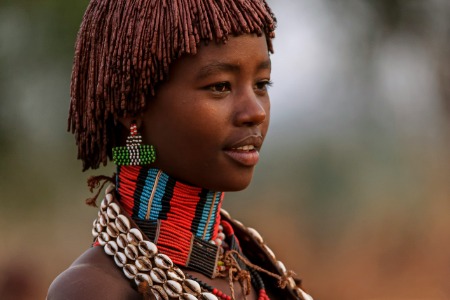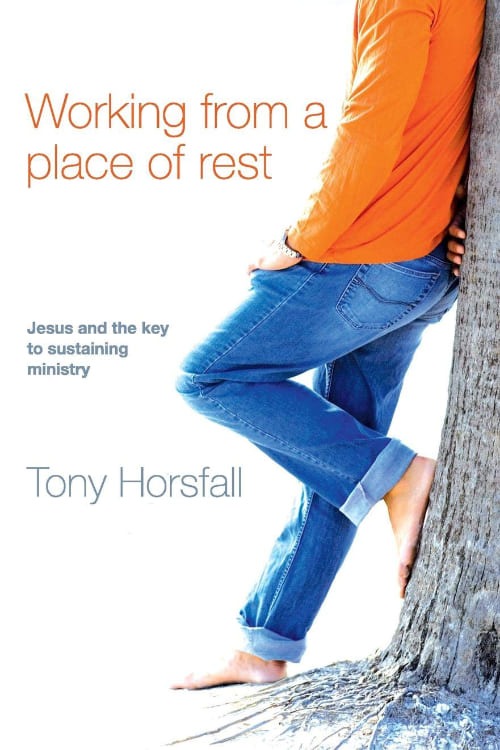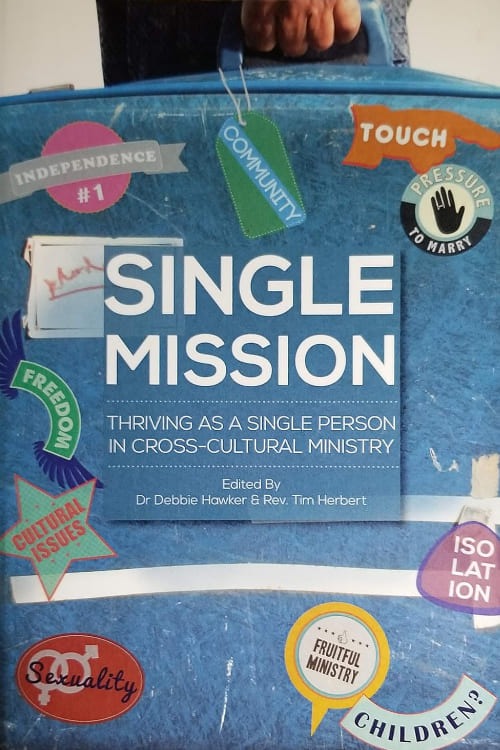It could have been one of my own sentences, but this is a quote from a TCK who participated in one of our TCK groups as part of a two-year pilot project with 54 TCKs.
Returning to the passport country as a TCK is often a time of tough transition. Having met too many TCKs in a period of struggle, we decided to develop a group intervention based on three main theoretical principles:
- Being part of a group with an atmosphere of the third culture, acceptance, and understanding can prevent children from failure to thrive.
- Resilience can be built by helping children to comprehend the whole situation and giving them the capacity to use the resources available, as a sense of coherence in their life. Building on the work of Antonovsky, this capacity is a combination of the children’s ability to assess and understand the situation they are in, to find a meaning to move in a health promoting direction, and also having the capacity to do so—that is, comprehensibility, meaningfulness, and manageability, to use Antonovsky’s own terms.
- Dealing with unresolved grief, the many goodbyes, and hidden grief as a dual-process, namely by oscillating between loss- and restoration-oriented griefwork, is helpful for the child in the first year of re-entry. It helps the child to adaptive coping to deal with both confrontation and avoidance of loss and restoration and to dose the grieving process. And it helps both the child and the parents by giving them words for the process and a way of speaking of and dealing with difficult emotions.
On these theoretical principles we made up a fictional TCK planet and together with the children we made up countries like family-land, missing-land, new friends-land, culture-land, goodbye-land etc. Each session we travelled together 2 adults and 8 TCKS to a specific land, and during the sessions we visited hidden emotions, played games that included mentalization and coping strategies, and – most important of all – the children travelled together, and learned they are not alone!
This very day we finished a research paper concluding on the results of the project (unfortunately in Danish). The results are very hopeful. It is effective and worth working with the children in a group setting, giving them hope, connecting TCKs, and giving them a secure base of a Third Culture while they are processing their re-entry. The quantitative and qualitative results are rather clear. Even though the problems and challenges did not disappear, the children began to thrive as if or maybe because they learned a new way of dealing with the problems, building up resilience, and finding a new way of dealing with or a language for speaking of grief and loss.
As early as after the first meeting with the TCK-group, he quieted down as if something finally was starting to fall into place. What made a difference, I think, was meeting other children with the exact same thoughts and experiences he has had who understood where he was or what he has been through.
a parent Tweet
TCK groups are now a free intervention for all families returning to Denmark, and I strongly recommend you wherever in the world you are located to begin the work of TCK re-entry groups, because it matters for the TCKs, their families – and it is one of the most meaningful engagements to be part of.
In the end of the project, some of the children together with some of the project members produced a re-entry plan for schools, churches, parents, and for the children. The children’s part is translated into English – and attached here. Feel free to use the material.

Maria Techow
Maria Techow is a psychologist and Member Care worker in Denmark, who regularly does presentations at the European Member Care Consultation.

Maria Techow
Maria Techow is a psychologist and Member Care worker in Denmark, who regularly does presentations at the European Member Care Consultation.
